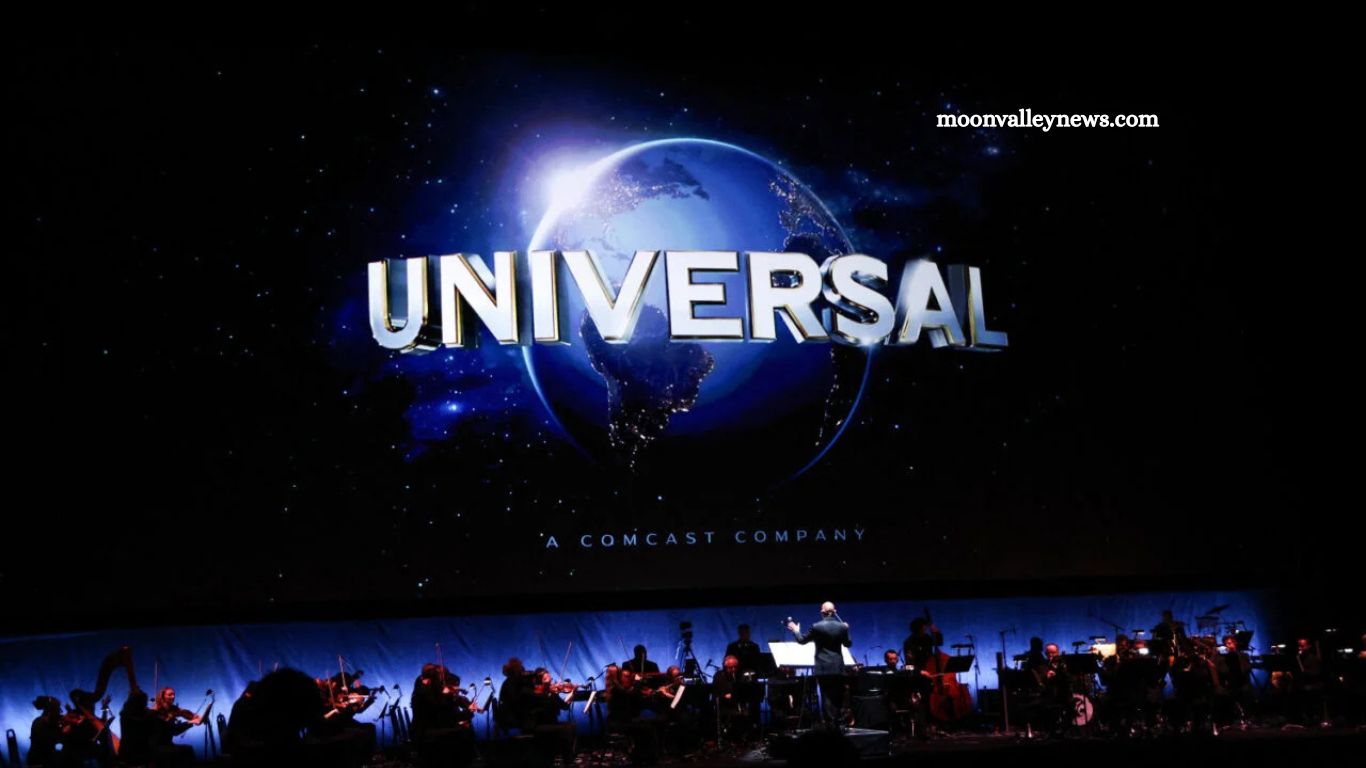Universal Pictures has taken a bold step in the fight to protect creative content from unauthorized use by artificial intelligence. The studio has begun including a “No AI Training” notice in the end credits of its films, signaling that its movies are not to be used as data to train AI models. This move is part of a wider industry effort to safeguard intellectual property from being exploited by tech companies developing generative AI systems.
The message first appeared in How to Train Your Dragon (2024) and has since been seen in other major releases like Jurassic World: Rebirth and The Bad Guys 2. With this warning, Universal aims to assert control over its content and set clear boundaries around AI usage.
Read More: Mark Hamill Was Considered for “The Long Walk” Due to His ‘Star Wars’ Sequel Role
AI is officially uninvited from Films night.
In a growing push to protect creative content from unauthorized use by artificial intelligence systems, Universal Pictures has begun including a prominent message in the credits of its films: “This film may not be used to train AI.”
A New Standard in Copyright Protection
According to The Hollywood Reporter, this anti-AI clause made its debut with How to Train Your Dragon (live-action adaptation), released in June. It has since been spotted in other major Universal titles such as Jurassic World: Rebirth and The Bad Guys 2.
The warning sits alongside the more familiar legal language asserting that the motion picture is protected by U.S. and international copyright laws, with a clear caution against unauthorized duplication, distribution, or exhibition. In international markets, the message references a 2019 European Union copyright directive that allows creators to explicitly opt out of AI training for scientific research purposes.
Why the Warning Matters
The move reflects growing concern among studios and content creators about their work being used without consent to train generative AI models. These models, including tools from OpenAI, have come under fire for mimicking distinctive artistic styles—sometimes without proper licensing. A notable example: when OpenAI’s image generator went viral earlier this year for generating Studio Ghibli–style illustrations, sparking copyright debates.
Universal’s stance highlights the increasing tension between copyright holders and AI companies over fair use, compensation, and ownership. With no standardized global regulation around AI training data, companies are left to assert their rights where they can—starting with their film credits.
Legal Grounds for Future Action
While a “Do Not Train AI” message may not physically prevent content from being ingested into AI models, it serves as a formal notice—potentially paving the way for legal recourse. If companies like OpenAI, Meta, or others are later found to have used these films in training datasets, studios like Universal could pursue lawsuits or demand compensation.
This follows recent revelations that Meta reportedly downloaded massive amounts of books from piracy site LibGen, and the New York Times has filed lawsuits against multiple AI developers for similar reasons.
A Battle for Creative Control
Universal’s approach represents a broader cultural shift as creators push back against AI systems trained on copyrighted material without consent. Whether this trend leads to more enforceable safeguards or remains a symbolic gesture is still unclear.
For now, the message is simple: Hollywood’s biggest studios are drawing a line in the sand—one AI is not meant to cross
Frequently Asked Questions
What does Universal’s “No AI Training” notice mean?
The notice means that Universal Pictures prohibits its films from being used to train artificial intelligence models. This is a copyright-protection measure aimed at preventing AI systems from learning and replicating elements of its films without permission.
Where can this warning be found?
The notice is included in the end credits of Universal films. It appears alongside standard copyright messages and varies slightly depending on the country and local copyright laws.
Why is Universal taking this step?
Studios like Universal are concerned about AI companies using copyrighted material to train AI systems—without consent or compensation. The notice helps establish legal boundaries and potential grounds for action if the content is misused.
Is this warning legally enforceable?
While the warning alone may not stop misuse, it serves as a formal declaration of intent, potentially strengthening Universal’s case in legal disputes involving unauthorized AI training.
What copyright laws support this action?
In the U.S., the notice aligns with copyright protections against unauthorized duplication and usage. In the European Union, it refers to a 2019 directive that allows rights holders to opt out of AI-based scientific research and training.
Can this stop AI companies from using Universal’s content?
Not entirely. However, the warning places AI developers on notice. If Universal discovers unauthorized use, the notice can support legal claims for infringement or unauthorized use of intellectual property.
Conclusion
Universal Pictures’ decision to include a “No AI Training” notice in its film credits marks a significant step in the ongoing battle between creative industries and artificial intelligence developers. As AI technologies continue to evolve rapidly, concerns about the unauthorized use of copyrighted material for training models are becoming more urgent. By clearly stating its stance, Universal is not only protecting its own intellectual property but also setting a precedent for the broader entertainment industry.







